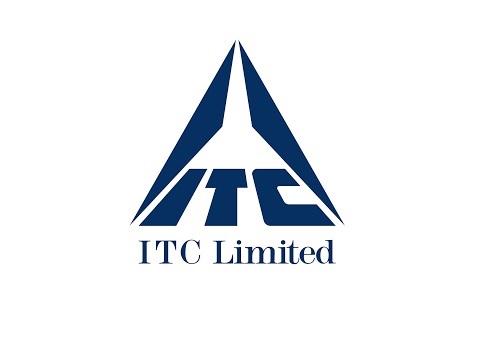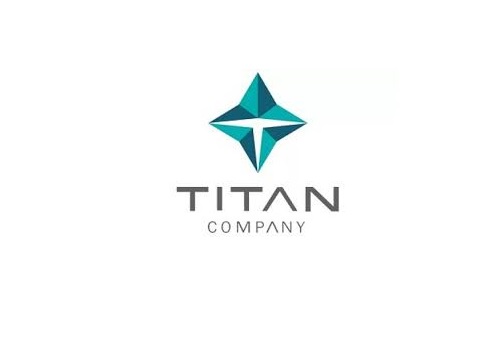Reduce PB Fintech Ltd For Target Rs. 1,610 By JM Financial Services Ltd

Indian insurance has been in the news recently as a result of changes to GST rules, potential launch of Bima Sugam and supposed regulatory pressure on distributor commissions. The resulting uncertainty has resulted in PB Fintech correcting almost 10% since Sep 4th, 2025 – the date of GST 2.0 announcement. Though we believe the correction was overdue considering the rich valuations but we do not expect any material impact to PB Fintech’s medium to long-term prospects. In fact, exemption of GST on all individual life and health policies should be directionally positive for the sector. While a platform being pushed by the regulator itself could be termed a long-term risk, we still believe most of the issues raised in our earlier note still remain unresolved. With risk-reward becoming relatively favourable, we change our rating from ‘Sell’, as per our previous rating system, to ‘REDUCE’ in the new rating system with a Sep’26 TP of INR 1,610.
* Expect Input Tax Credit (ITC) to be passed on to the customers over-time: With GST rate being reduced to zero in all individual life and health policies (and reinsurance thereof), focus has shifted to ITC absorption. As the zero GST regime also comes with no ITC benefit, insurers would see a hit to their profitability assuming everything else remains the same. The hit would likely vary depending on the mix of individual policies for each insurer and we expect it to be passed on the customers themselves. As per our customer checks, it might have already started to happen. However, we would not rule out a nearterm dilution in commission rates as insurers and distributors share the burden of ITC.
* Bima Sugam still has questions to answer when it comes to execution: Bima Sugam India Federation (BSIF) has been formed as a “not for profit company” to establish a Digital Public Infrastructure (DPI) in the form of an electronic insurance marketplace. The idea is to democratise insurance by integrating insurers, consumers, intermediaries as well as insurance agents on the interoperable platform with open standards. The use cases involve purchase, sale, servicing, claims settlement and grievance redressal. While the proposition seems benevolent, substantial execution risks remain as demonstrated by 2.5+ years of delay from its initial launch date. While the portal is finally live, insurance marketplace is still expected to ‘come soon’. Furthermore, clarity is needed with regards to funding customer acquisition investments as well as customer support function as a large majority of health and life insurance still comes via the assisted channel. For comparison, Policybazaar invested c. INR 15bn (as per JMFe) across digital marketing and customer support functions in FY25.
* Upgrade to REDUCE (new rating system) with Sep’26 TP of INR 1,610: With the stock going through a time-correction since we downgraded to Sell last September, we now find marginally improved risk-reward. Hence, we upgrade the rating to Reduce as per our new rating system, still remaining cognisant of a tougher demand (Savings business, particularly) environment and regulatory tail risks. We value PB Fintech at 50x Sep’27 EV/ EBITDA considering near-term revenue growth around Q1FY26 levels with contribution margin accretion driven by rising renewals mix and Paisabazaar expansion.
* Is IRDAI really pushing for lower commissions?: With IRDAI having switched to an Expenses of Management (EOM) regime starting April 1st 2024, the idea was to provide flexibility to insurers in deciding their commissions and other expenses. With most general insurers and SAHI players still hovering close to or higher than the allowed EOM limit, there has been consistent media chatter of something coming from IRDAI itself to lower the commissions. With no official statement from IRDAI, we believe this is mostly hearsay and holds no substance. Furthermore, even if insurers are actually forced to lower commissions, Policybazaar is likely to be the least impacted thanks to the lower combined operating ratio (sum of loss ratio and expense ratio) on the policies issued by it.
* What will make us upgrade further?: While we are appreciative of PB Fintech’s business model and dominance in a sector with long-term tailwinds, we believe the valuations need to incorporate a certain regulatory discount. Furthermore, there remains the risk of a significant dip in new business premium (NBP) growth rate while contribution margins are yet to pick up structurally. A sustained reversal to 30%+ NBP growth along with existing business CM sustaining in high forties would certainly deserve a relook. We would also be more constructive if the company maintains a clear demarcation between PB Fintech and PB Health.
* Regulatory concerns: The insurance segment continues to be under heavy regulatory scrutiny with regards to commissions, distribution models, capital adequacy, expenses of management (EoM) etc. by the IRDAI and there exist potential risks with regard to regulatory headwinds. Furthermore, one of the key emerging risks is the upcoming launch of ‘Bima Sugam’, a government-backed, unified digital insurance marketplace. While Bima Sugam aims to improve insurance penetration in India along with enhancing access for consumers, its widespread adoption could reduce the reliance on private aggregators like Policybazaar. If the government actively invests in and promotes Bima Sugam, it could erode Policybazaar’s platform advantage and disrupt its distribution-led revenue model (similar to how the push for UPI reduced the relevance of Paytm’s wallet business).
* Healthcare foray likely a distraction: PB Health recently raised USD 218mn in funding, including USD 50mn / USD 62mn / USD 90mn / c.USD 12-15mn from General Catalyst / PB Fintech / Institutional Investors / Individual Investors. Individual investors include Mr. Yashish Dahiya and Mr. Alok Bansal. The funds will be used to build PB Health’s initial hospital network in the Delhi-NCR region. The management noted that the company aims to have 4-5 operating hospitals by the end of year 1 (c.600-1,000beds), with long term plan to build a 25-30 hospital network across 10 cities. Of these, 2-3 assets will be acquired as already operating hotels, while another 2-3 would be purchased at initial stages and converted into hospitals rapidly. Additionally, the company has also begun onboarding doctor and other experienced professionals. However, there has been no evidence of active management hiring under ‘PB Healthcare’ yet, leading us to strengthen our belief that this foray is weighing on PB Fintech’s management bandwidth.
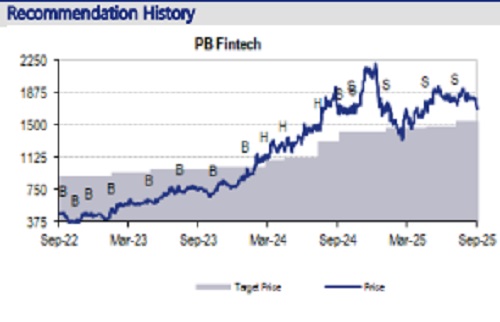
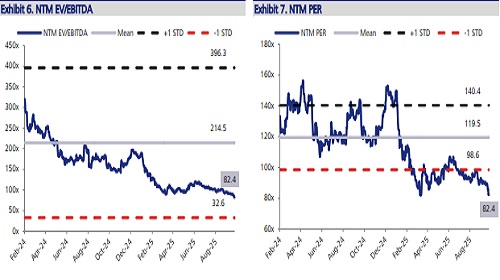
Please refer disclaimer at https://www.jmfl.com/disclaimer
SEBI Registration Number is INM000010361















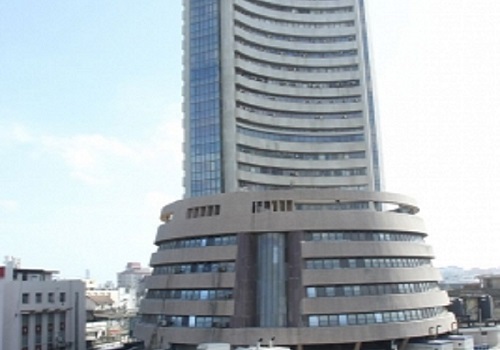

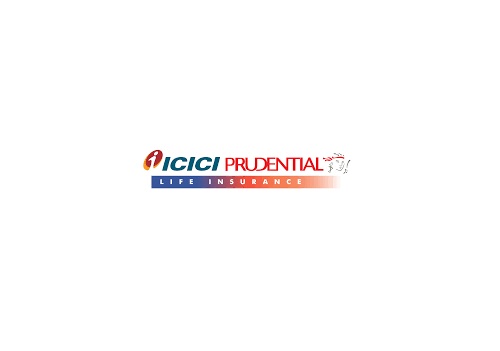

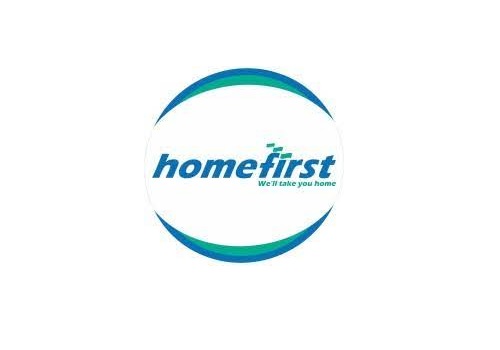
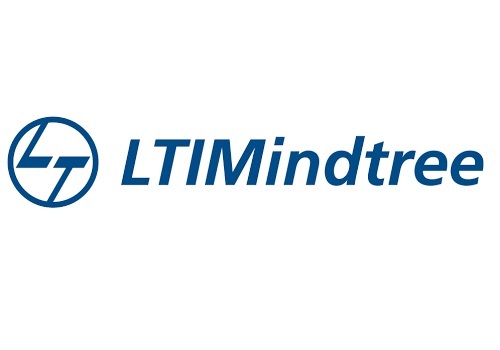
.jpg)
